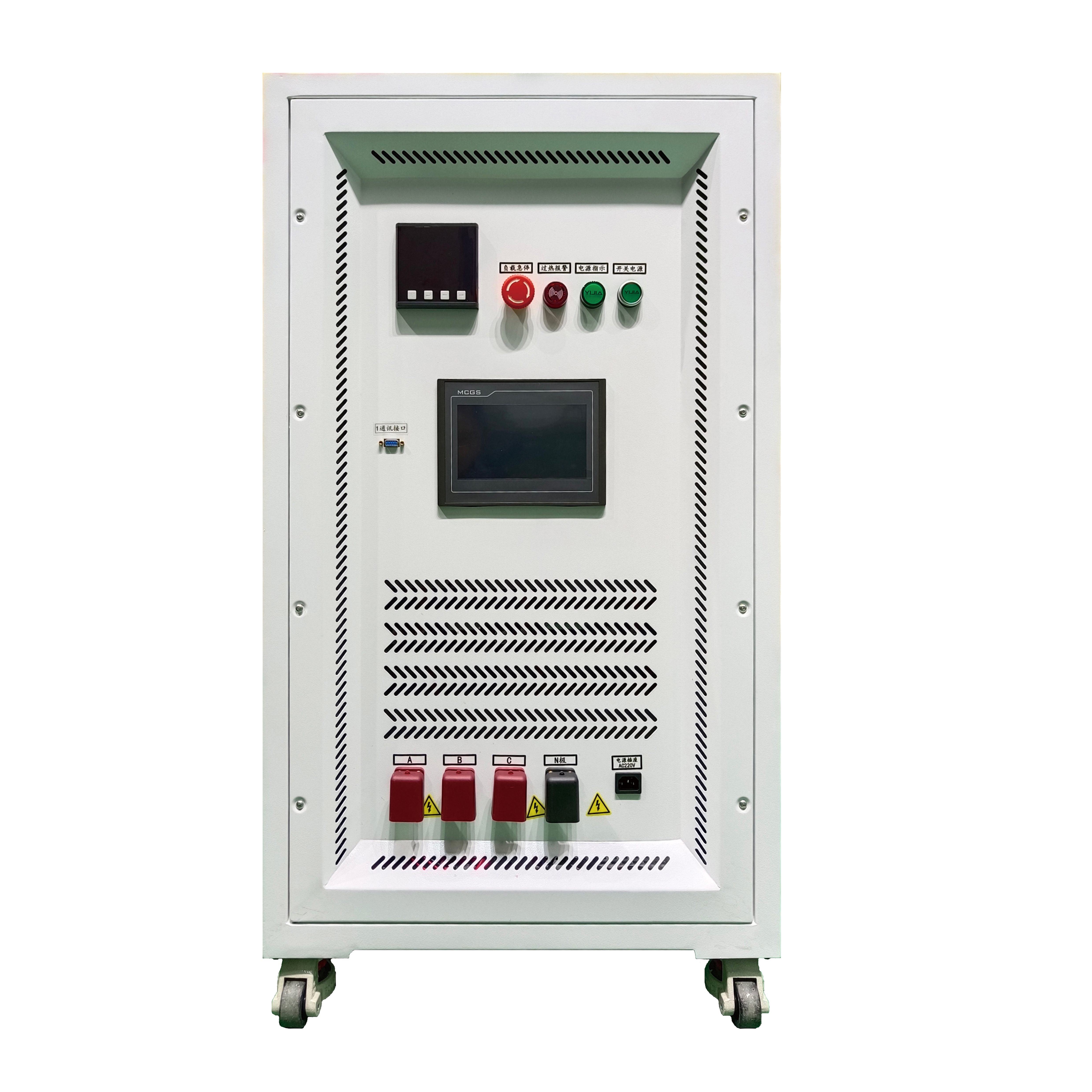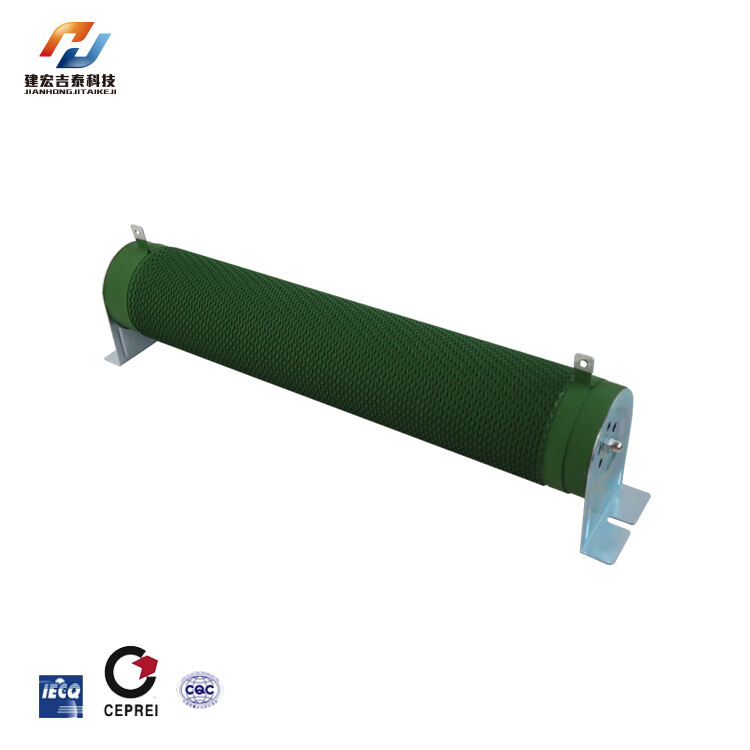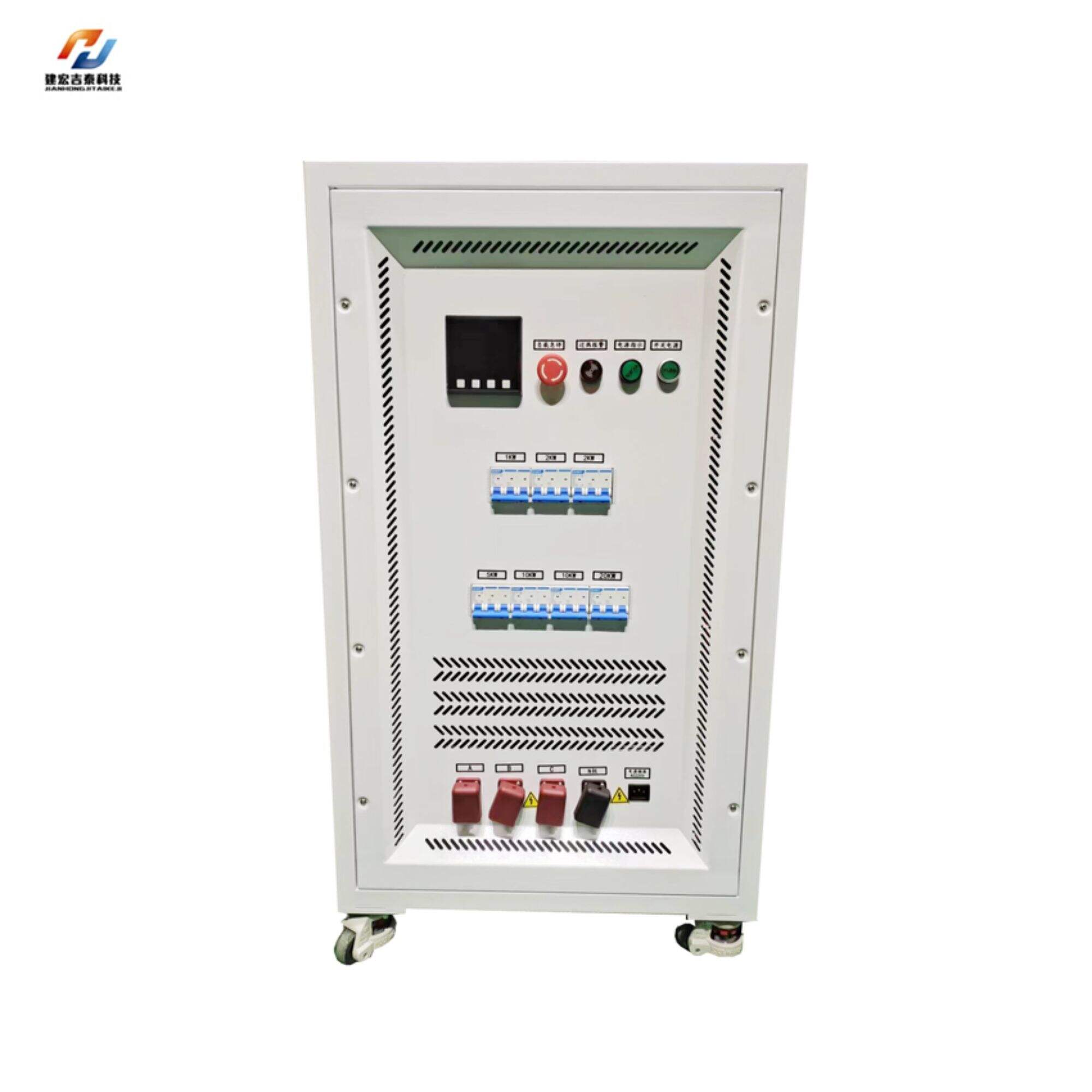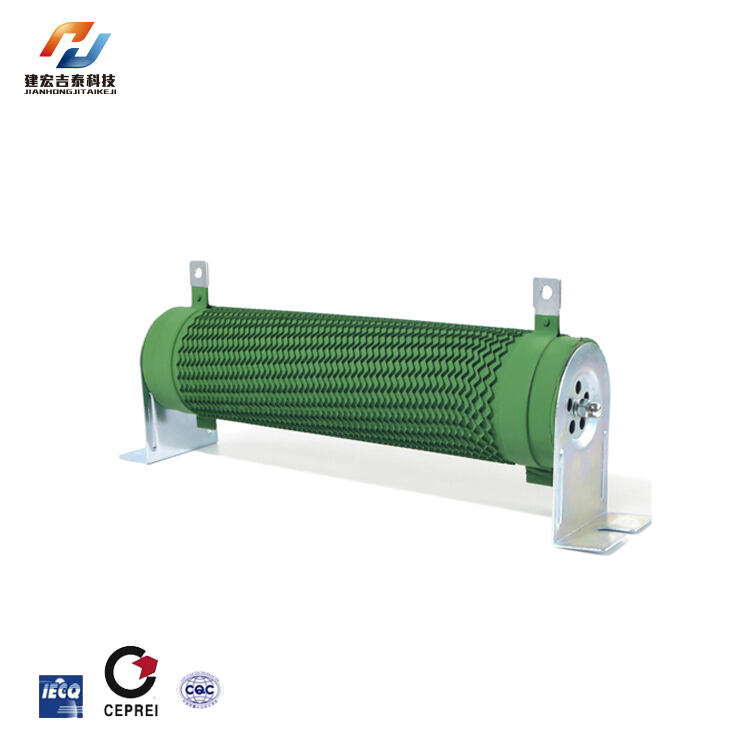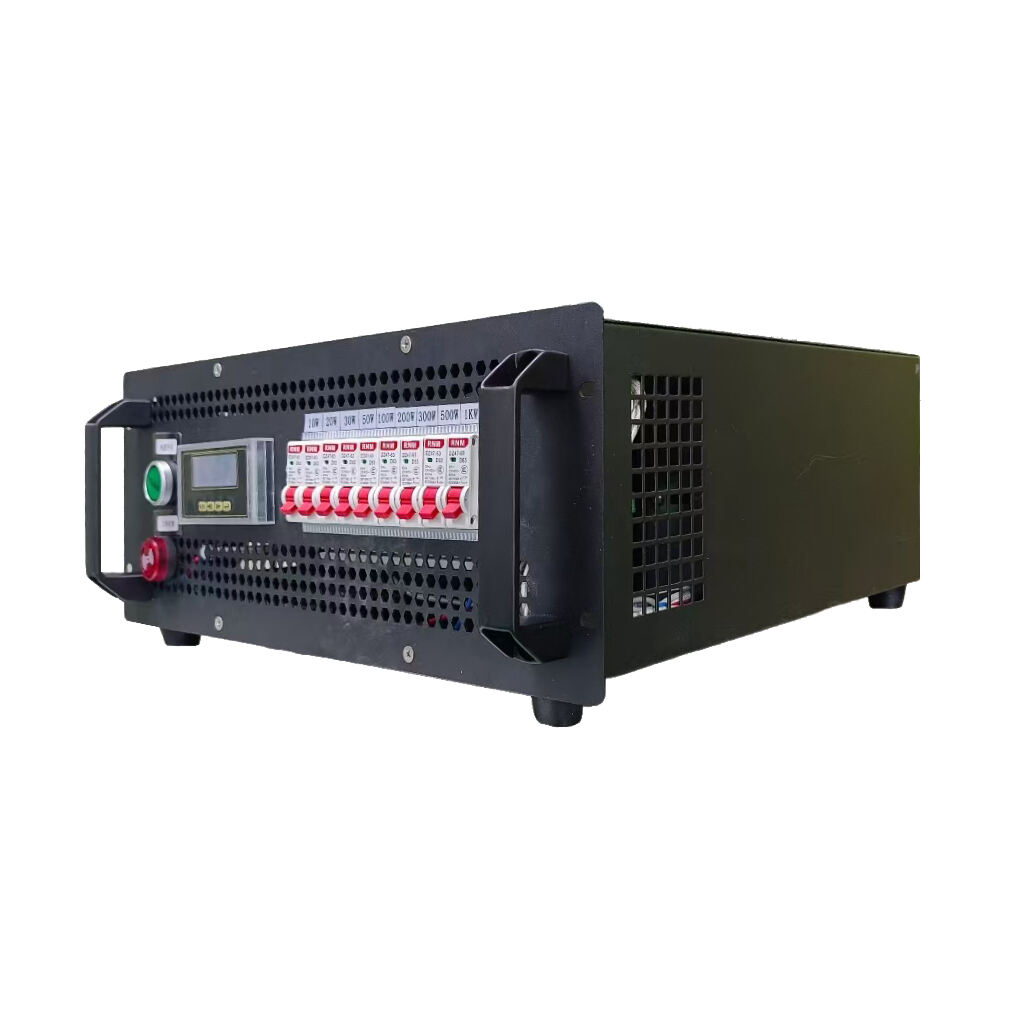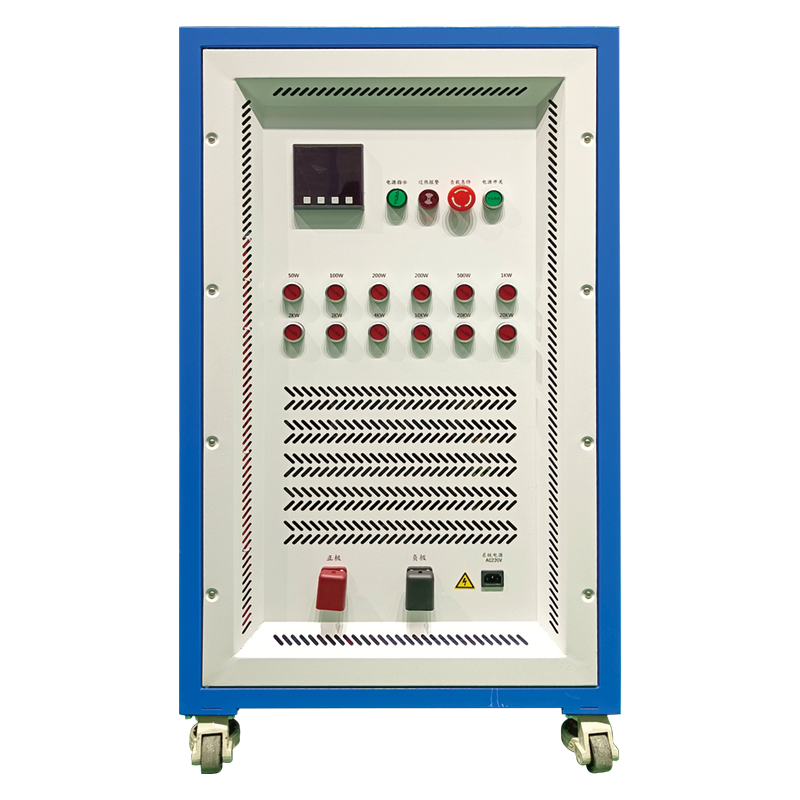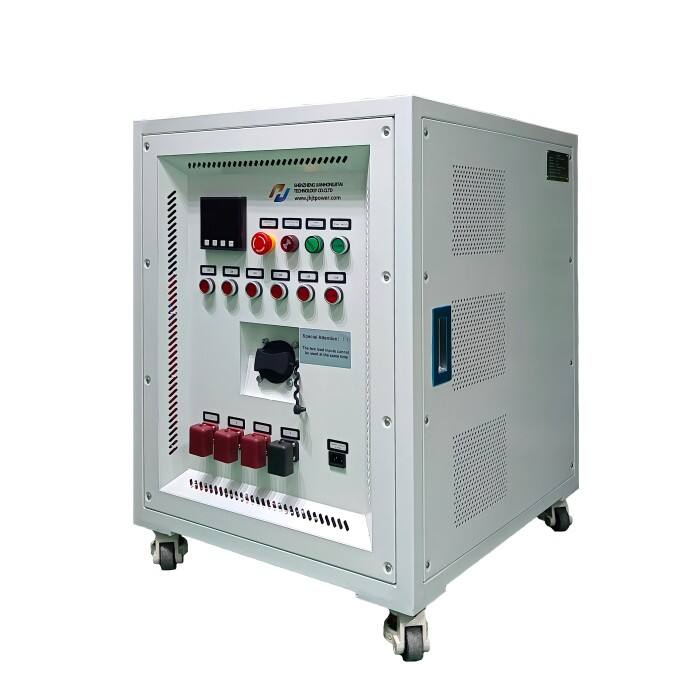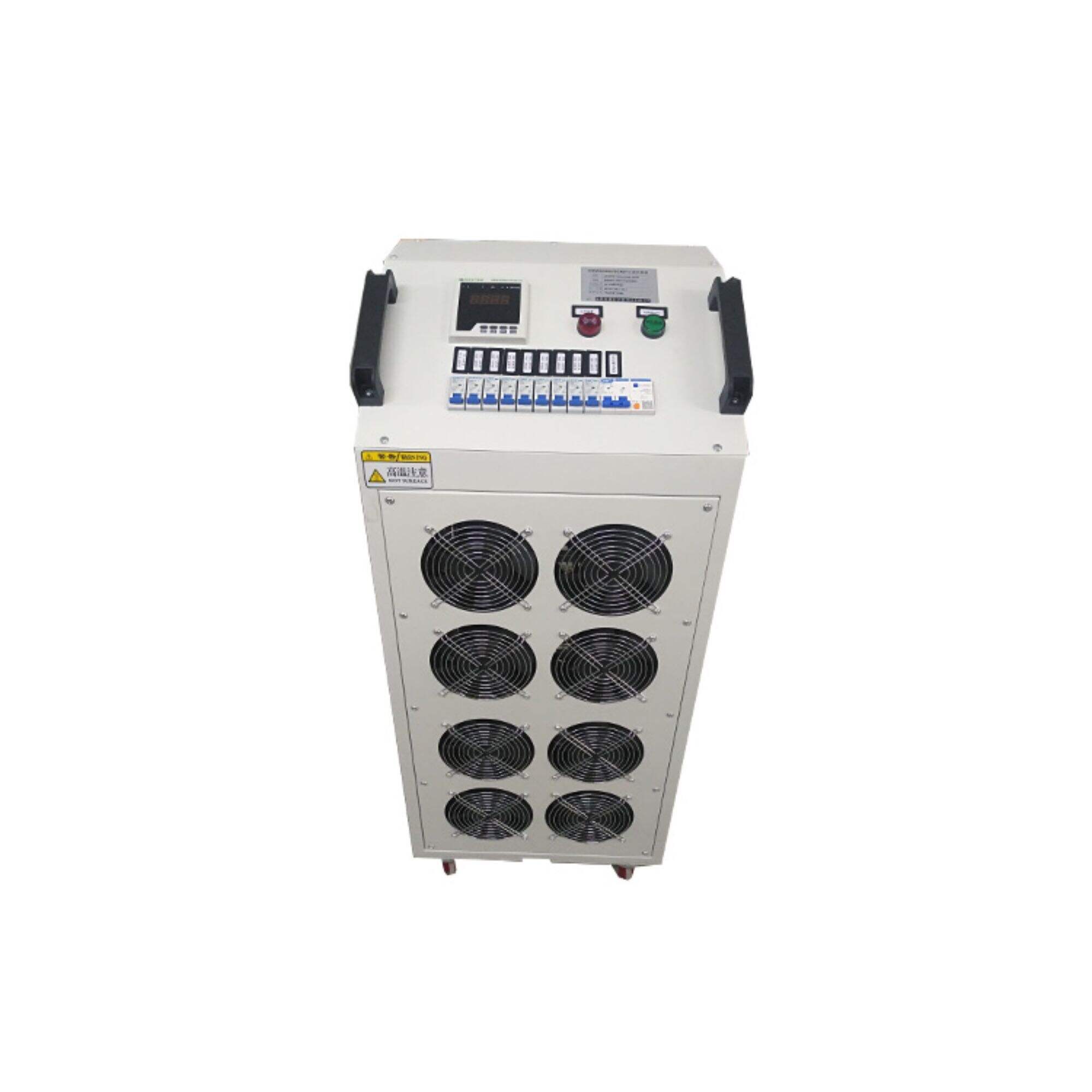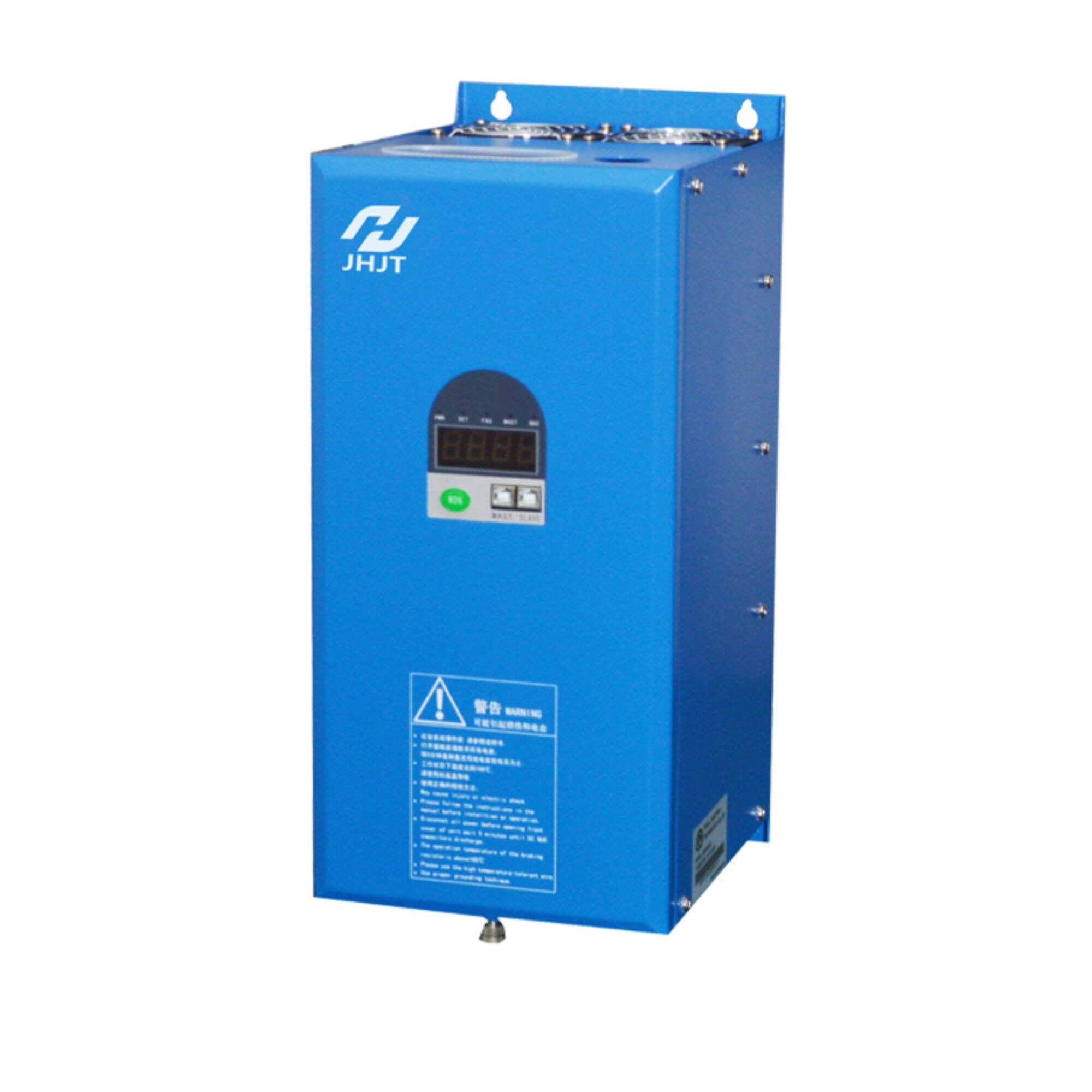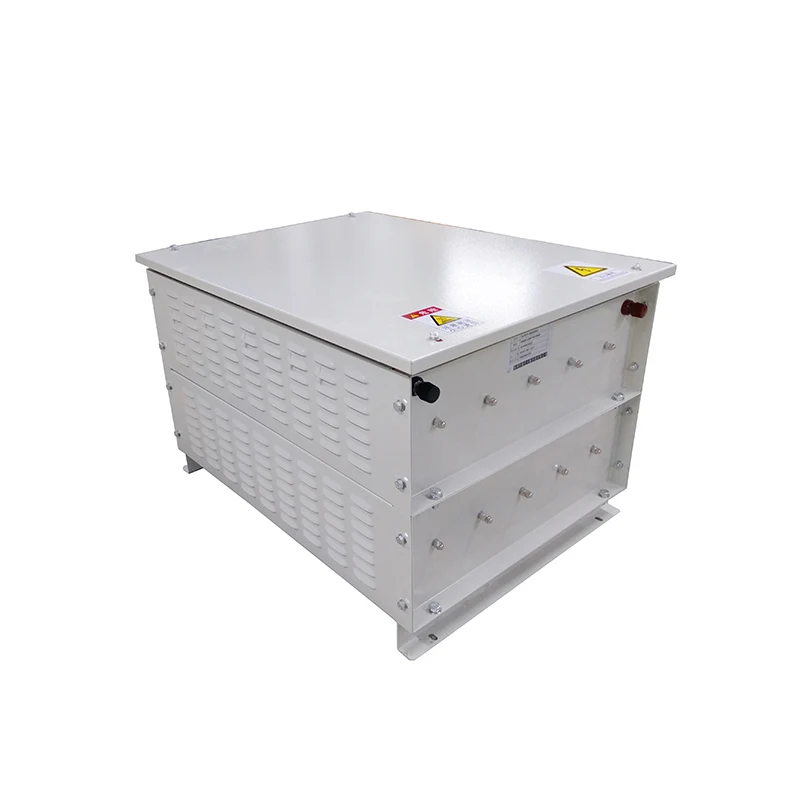The Importance of Fixed Resistors in Ensuring Reliable Elevator Performance
Fixed sleeves or collars is important particularly for reliable elevator systems and ensuring their safety. Such parts are paramount in suppressing electrical currents for precautionary measures, thanks to the fact that they offer stable working conditions systems. These are key in elevating maintenance of elevator systems.
Why are fixed resistors necessary in elevator systems?
Current Limiting: Fitted resistors are used to reduce the level of electrical energy in various circuits in any system of the elevator. As they limit current conduction, they reduce the chances of any damage by overheating, thereby enabling proper functioning.
Voltage Regulation: In such subsystems of the elevator control system, fixed resistors help control the voltage levels in order to avoid irregularities. They shield fragile parts of the electronics from high or low levels of voltage aiding in the stability of the elevator.
Signal Conditioning: Fixed resistors are also used in the signal processing circuits for maintaining the quality and stability of signals. This is very important for all the proper controls and sensors that monitor and control the motion of the elevator.
Safety Enhancements: As far as elevators are concerned, nothing short of reliable operation is acceptable as it relates to safety. Evading the scenarios where there would be faulty electrical connections due to overheating fixed resistors work wonders in enhancing safety. Their consistent output helps in preventing incidences where elevators get jammed and works optimally.
How to Select the Right Fixed Resistor
Resistance Value: Pick adequate fixed resistors based on their resistance value for use in a particular application. Proper value of these resistance gives the desired high current limiting and voltage regulation.
Power Rating: Dear Sir, observe that the fixed resistor power rating is adequate for the elevator system. Enough power rating helps to avoid heating up and guarantees reliability in the long run.
Tolerance and Stability: Use resistors that have low tolerance of less than or equal to +5% and have high stability so as to maintain a uniform and consistency in operations and reduce variations that could negatively impact on the performance of the elevator system.
Environmental Considerations: Eliminate the operating environment of the elevator system. Temperature and humidity changes as well as bad weather conditions and dust are some of the examples that fixed resistors must be able to endure.
Conclusion
Fixed resistors are some of the main contemporary design components in any elevator system. Current limitation, voltage regulation, as well as signal conditioning and safety enhancement are some of the factors that play important roles in the normal and safe use of elevators. For elevator systems to work efficiently and safely, it is necessary to choose the correct fixed resistor according to the resistance value, power rating, tolerance and environmental factors.
Recommended Products
Hot News
-
What Are The Functions Of The Ac Load Box For Power Supply Detection And Maintenance
2024-01-11
-
The Use Characteristics And Methods Of The Load Bank Of The Generator Set
2024-01-11
-
The function of the load bank
2024-01-09
-
Explore The Types And Characteristics Of Resistors: Fixed And Variable Resistors
2024-01-09
-
How Resistors Work And Their Applications In Circuits
2024-01-09
-
Load Banks: Ensuring Optimal Performance in Power Testing Environments
2024-10-21
-
Exploring the Advantages of Wirewound Resistors for Precision Applications
2024-10-14
-
Understanding the Benefits of Aluminum Resistors in High-Performance Applications
2024-10-08

 EN
EN
 AR
AR
 BG
BG
 HR
HR
 CS
CS
 DA
DA
 NL
NL
 FI
FI
 FR
FR
 DE
DE
 EL
EL
 IT
IT
 JA
JA
 KO
KO
 NO
NO
 PL
PL
 PT
PT
 RO
RO
 RU
RU
 ES
ES
 SV
SV
 TL
TL
 ID
ID
 LT
LT
 SR
SR
 SK
SK
 UK
UK
 VI
VI
 HU
HU
 TH
TH
 TR
TR
 AF
AF
 MS
MS
 GA
GA
 BN
BN
 LO
LO
 LA
LA
 NE
NE
 MY
MY
 UZ
UZ
